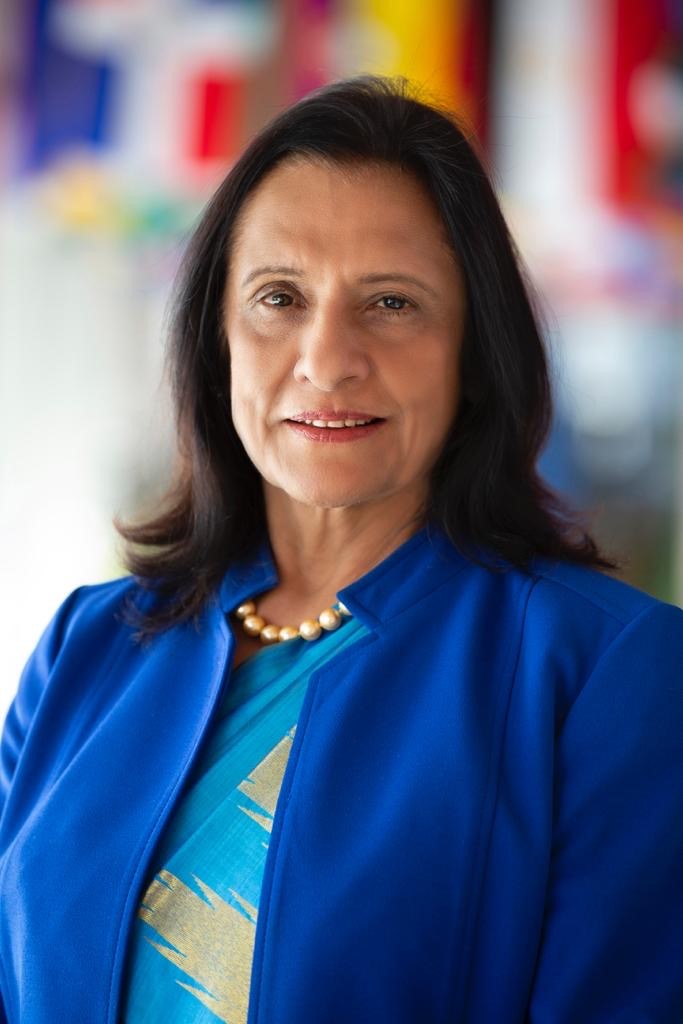Opinion
Let’s talk about depression
A greater proportion of health budget can be allocated to this vitally important but often overlooked public health issue
Poonam Khetrapal Singh
Talking about depression can be challenging. For those of us who have it, or think we might, broaching the subject can provoke a range of fears and apprehensions, including how it may change people’s perceptions of us, or even how we think about ourselves. And for societies in which depression remains taboo, or is poorly understood, discussing it can mean examining deep and enduring social norms, be they related to masculinity or motherhood.
But depression is an issue that needs to be heard. It can affect each one of us, our colleagues or loved ones. It can colour relationships, working lives and social interactions. And it can impede our ability to live life to its fullest, whatever culture or community we belong to.
After all, an estimated 350 million people of all ages, in all countries, suffer from the problem. Many do so silently. To start the conversation, it is worth noting what exactly depression is.
Depression is a common mental health issue involving persistent sadness or loss of interest or pleasure in activities that are normally enjoyable. It may express itself as disturbed sleep or appetite, sentiments of guilt or low self-worth, or feelings of tiredness and lethargy. Depression can also make itself known through agitation or physical restlessness, substance abuse, reduced concentration, and suicidal thoughts or even acts.
Things you can do
Depression is a condition that deserves our respect. Depression is not a weakness. If you think you have depression, there are several things you can do.
You may choose to talk to someone you trust. Many people feel better after discussing how they feel with someone who cares about them. You may also seek professional help. Your local health care worker or doctor is a good place to start. They can help you explore appropriate treatments.
Additionally, you may adopt proven coping mechanisms, from exercising regularly to staying connected with loved ones. You may avoid or restrict alcohol intake and refrain from using illicit drugs. These substances are known to exacerbate depressive feelings and damage health. They can also place you at risk of physical harm.
Oftentimes, however, it is not us experiencing depression; it is someone we are close to. If someone you know and care about is experiencing depression, you may be able to help. There are several ways you can do this. Most importantly, you can make it clear that you are there for them. You can do so by listening without judgment, by finding out more about depression, and by supporting them if they need professional help.
You can help them with everyday tasks, encourage regular eating and sleeping patterns, and join them for a walk around the block or an exercise session such as yoga.
And if they are thinking about self-harm, you can seek professional medical help and stay by their side at a time when they need your love and support the most.
Public health care
Still, talking about depression goes beyond you and me. Health systems and those working in them are integral to the conversation.
Even in low- and middle-income settings, there are ways that depression and other mental health services can be made more accessible. Health care workers can, for example, be better trained to detect signs and symptoms of depression. Many patients are unaware of what the symptoms of depression look like, making
diagnosis difficult where cues are missed.
Community health facilities can be better integrated with national mental health networks. Clear pathways of referral can connect persons suffering the problem with specialised services that can provide the care needed. And a greater proportion of health funds can be allocated to this often overlooked though vitally important public health issue. In most low- and middle-income countries, less than 2 percent of health funding is allocated to mental health, meaning relatively modest tweaks could have wide-ranging impact.
The World Health Organisation is working with governments, health workers and partners across the South-East Asia Region to make services for depression and other mental health issues more accessible, of higher quality and more attuned to the needs of those requiring them. After all, depression is as serious as any other chronic or acute condition. It is an issue that touches us all in one way or another. And each of us can play a positive role in alleviating it.
The World Health Day is an opportune moment to have this conversation. Let’s keep it going.
Singh is WHO Regional Director for South-East Asia




 9.89°C Kathmandu
9.89°C Kathmandu










